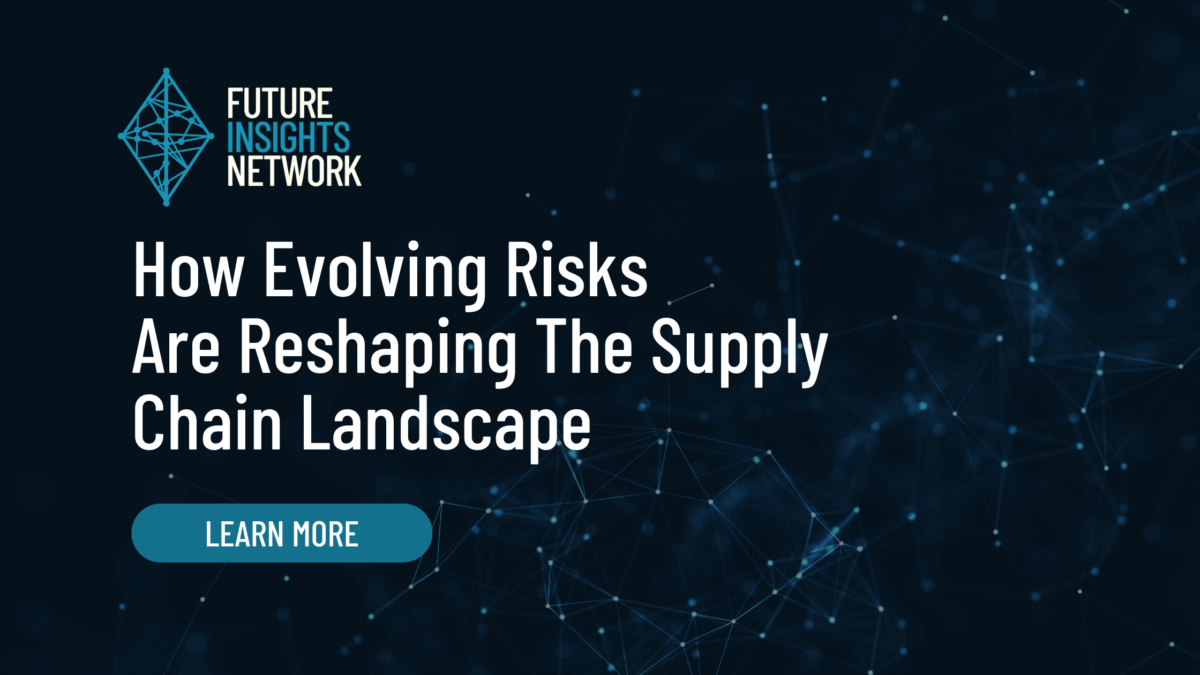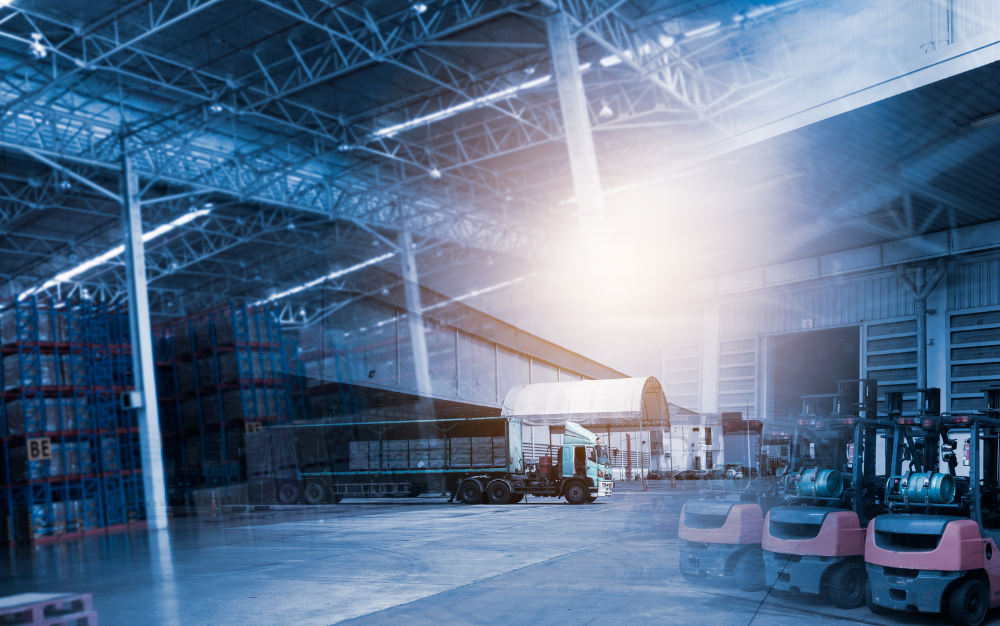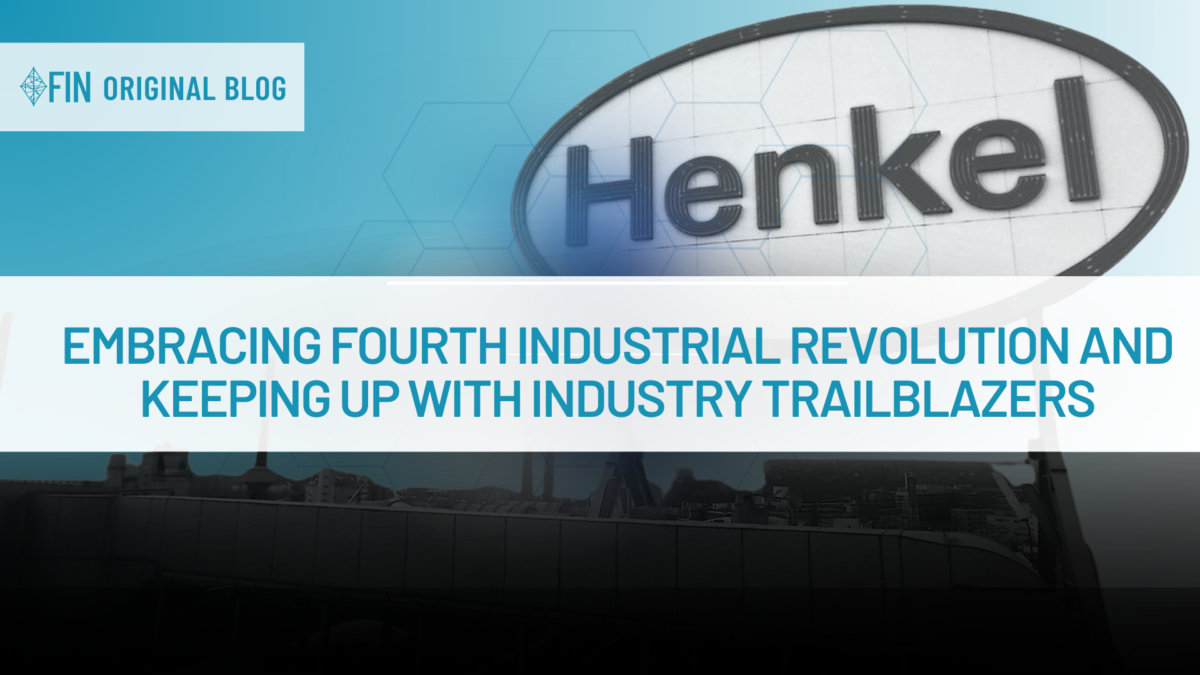How Evolving Risks Are Reshaping the Supply Chain Landscape
The global supply chain, once a streamlined network laser-focused on efficiency, is undergoing a dramatic transformation. A growing emphasis on risk mitigation and resilience characterizes today’s supply chain landscape.
This shift is driven by many factors that threaten to disrupt the smooth flow of goods, from raw materials to finished products, reaching your doorstep. Here, we delve into the key risks of reshaping the modern supply chain and explore the strategies businesses adopt to navigate this ever-changing environment.
Some of the key evolving risks reshaping supply chains include geopolitical tensions, such as trade wars which can significantly disrupt traditional sourcing and transportation routes; cybersecurity threats that can cripple operations and lead to data breaches; climate change and severe weather events which can impact production facilities, crop yields and transportation infrastructure and; resource scarcity, including shortages of critical raw materials which can drive up costs and hinder production.
These evolving risks are forcing businesses to rethink their supply chain strategies entirely. Here are some key trends shaping the future of supply chains:
Shorter and More Localised Supply Chains:
Companies are increasingly looking to source materials and manufacture products closer to their end markets. This approach, known as nearshoring or reshoring reduces reliance on single points of origin and long-distance transportation, making supply chains less susceptible to disruptions caused by geopolitical tensions or natural disasters.
Investment in Technology:
Digital tools like artificial intelligence (AI), blockchain, and advanced analytics are playing a crucial role in improving supply chain visibility. AI can be used to predict and mitigate risks, while blockchain technology can provide greater transparency and traceability throughout the supply chain. Advanced analytics can help businesses optimize logistics and identify potential bottlenecks.
Increased Collaboration:
Businesses are partnering with suppliers, logistics providers, and other stakeholders to build more resilient supply chains. Information sharing and joint risk management strategies can help businesses anticipate and mitigate disruptions more effectively. Collaboration also fosters innovation, as companies can leverage each other’s expertise to develop new solutions for supply chain challenges.
Focus on Sustainability:
Environmental regulations and consumer demand are driving companies to source materials sustainably and reduce their supply chain’s environmental footprint. This not only benefits the environment but can also enhance a company’s reputation and brand image. Sustainable practices can also lead to cost savings in the long run, as companies become more efficient in their use of resources.
By understanding and adapting to these evolving risks, businesses can build more resilient and sustainable supply chains that can navigate the complexities of the modern world.
Building Supply Chain Agility
Nearshoring and reshoring are valuable strategies, but they’re not a one-size-fits-all solution. Here’s how companies are building agility:
- Digital Transformation: Supply chain control towers powered by AI and advanced analytics provide real-time data insights, allowing for proactive risk management and faster response times to disruptions.
- Scenario Planning: Companies are conducting regular wargaming exercises to identify potential risks and develop contingency plans for various scenarios. This proactive approach allows them to adapt quickly to unforeseen circumstances.
- Supplier Risk Management: Companies are conducting more thorough due diligence on potential suppliers, evaluating their risk profiles and ensuring they have robust business continuity plans in place.
- Transparency and Collaboration: Increased collaboration and information sharing between all stakeholders in the supply chain fosters trust and enables a collective response to disruptions. This can involve establishing industry-wide standards for risk management and information-sharing protocols.
Companies Must Adapt To Evolving Risks
The future of supply chains is about striking a balance between efficiency, cost-effectiveness, and risk mitigation.
This will not only ensure business continuity but also create opportunities for growth and competitive advantage.
Companies that embrace these trends and invest in risk mitigation strategies will be well-positioned to thrive in the ever-changing world of supply chain management.






